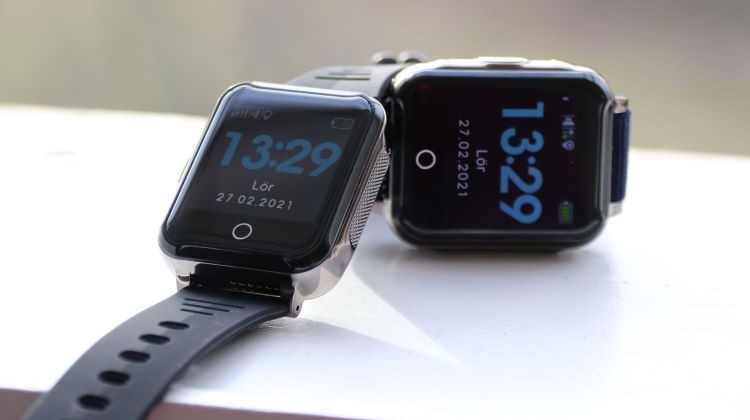What aids are there for epilepsy?
Epilepsy is a neurological disease that may require various forms of aids to manage seizures and minimize the risk of injury. Here are some aids that can be helpful for people living with epilepsy:
- Epilepsy Alarms: Epilepsy alarms are small devices that can be worn on the body or placed next to the bed and are designed to detect signs of an ongoing seizure. These devices can trigger alarms or notify a caregiver if a seizure occurs, which can be especially useful for people with nocturnal seizures.
- Medical bracelets: Wearing a medical bracelet or necklace that indicates that the person has epilepsy and what medications they are taking can be lifesaving in the event of a seizure outside the home. This provides important information to first responders on how best to handle the situation.
- Seizure diary: Keeping a seizure diary can be useful for both the person with epilepsy and their carer. By tracking the frequency, duration and possible triggers of seizures, patterns can be identified and changes made to the treatment plan as needed.
- Video equipment: Video equipment can be useful in documenting seizures and provide valuable information to doctors to better understand the nature of the disease and optimize treatment. It can also provide reassurance to the person with epilepsy and their family to have documentation of the seizures for future reference.
- Ketogenic diet and supplements: For some people with intractable epilepsy, a ketogenic diet or the use of supplements such as ketones can be effective treatment options. These diets are low-carbohydrate and high-fat and can help reduce the number and severity of epileptic seizures.
- Vagus Nerve Stimulator (VNS): A VNS is a small device that is implanted under the skin of the chest and is connected to the vagus nerve in the neck. It delivers regular electrical impulses to the nerve to help prevent seizures. It is a treatment option for people whose seizures are not well controlled with medication.
Using these aids, along with careful monitoring and collaboration with a doctor or specialist, can help people with epilepsy better manage the disease and live as normal a life as possible. It is important to seek professional advice and explore different options to find the aids that best suit each person’s individual needs.
A personal alarm that can be triggered at any time
Sensorem’s personal alarm can automatically be triggered in the event of a fall and then automatically call relatives using the watch’s built-in speakerphone with two-way communication. The user can also trigger the alarm manually by pressing the physical alarm button. The personal alarm works outdoors and has built-in GPS positioning so that relatives can see the user’s position on a map in the Sensorem app.
READ ABOUT HOW SENSOREM’S PERSONAL ALARM CAN INCREASE SAFETY FOR SOMEONE SUFFERING FROM EPILEPSY

